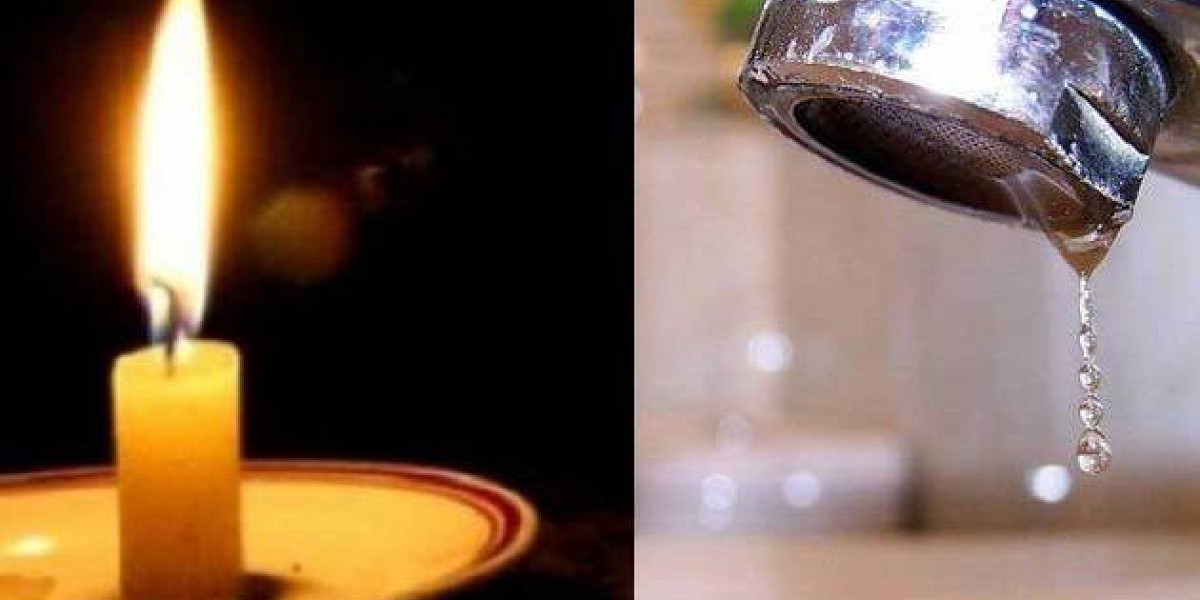This is a fairly common question, and the answer is yes: yes, it is legally possible to sell a home without electricity or water. However, the procedure may vary depending on the autonomous community and whether the property requires renovations to be able to connect the utilities.
From a legal perspective, the sale is viable, although there are important nuances. If the electricity and water installations are in good condition and the utilities have simply been disconnected, the process is simple. The new owner can change ownership and reactivate the contracts without any problems.
On the other hand, if the property lacks basic installations or they do not comply with current regulations, additional obligations arise; in this case, the home does not meet the minimum habitability conditions and is considered a sale without a certificate of occupancy. This circumstance must be reflected in the public deed before a notary, certifying that both parties are aware of and accept the situation, and that the buyer assumes the commitment to rehabilitate the property.
Regarding utility management, it is not mandatory to cancel utilities to proceed with the sale. In fact, the most practical option is to let the buyer carry out the change of ownership.
Legal Aspects and Documentation
It is essential to be clear about the legal requirements and the necessary documentation. In addition to the title deed and the simple note, the energy certificate, the certificate of debts with the community (if applicable), the community bylaws and minutes, the building book, and the latest property tax receipts will be required. If the home does not have a certificate of occupancy, this must be expressly stated in the purchase agreement.
Outstanding Utility Debts
Electricity and water bills are personal; they do not affect the property or the new owner. However, difficulties may arise when processing utility registration if there are unpaid bills associated with the home. Therefore, it is advisable to request proof of payment from the seller before formalizing the transaction. If any outstanding debts exist, they should be deducted from the purchase price.
Impact on Property Price
If the facilities allow immediate restoration of electricity and water supplies, a temporary lack of electricity and water generally does not affect the home's value. The situation changes if structural renovations are necessary to rehabilitate them, which will negatively impact the price, given the cost of the work and obtaining a certificate of occupancy.
In short: selling a home without electricity or water is possible, but it involves certain legal requirements and can affect the final price. It is essential to have the right advice and document the entire process to ensure a safe transaction for both parties.

